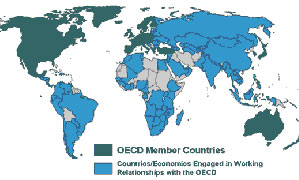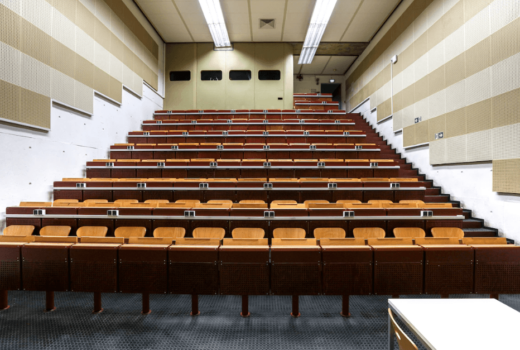Dirk van Damme: Ranking verandert HO

Wending in de discussie
In een reactie op de jongste editie van de THES-rankings analyseertVan Damme in het Britse blad de wending die het debat overranking heeft gemaakt. De methodologie is verbeterd -wat zeker bijTHES meer dan noodzakelijk was- maar de focus is nog veel tebeperkt. Een “myopia” speelt hen parten.
“The myopia of rankings – focusing on competitive research and lesson teaching and learning – is well known. Probably the best servicethat future rankings could offer to the global community is tobecome more meaningful with regard to that other noble function ofuniversities, advanced teaching and learning. A world-classresearch environment is a necessary but not sufficient conditionfor excellence in teaching and learning. It is also well known thatthe best research universities may perform rather poorly inguaranteeing students an excellent learning environment. Rankingswill have to improve on measuring and comparing the quality ofteaching and learning arrangements.”
Wereld wordt plat
Dat de rankings nog onvolmakt zijn en er veel dynamiek is in deontwikkeling ervan, zoals rond U Map en AHELO, ziet van Dame nietals een minpunt. Integendeel. “I would not be surprised to see muchmore movement at the top. Contrary to some colleagues, I do not seethis dynamism as a sign of instability in the measurement system,but as a genuine articulation of the fact that the world isbecoming flat. In the near future, the Harvards, Oxfords and Tokyosof this world may well find their lofty positions becoming lesssecure than they are today.
The implicit suggestion that excellence is something to be foundonly at the top may be appropriate for elite systems, but not for21st-century mass higher education. A high plateau is notsynonymous with mediocrity, but demonstrates the fact that so manyinstitutions actively engage in the global system of science andresearch and actively and positively contribute to it.”
Het volledige stuk van prof Van Damme leest u
Meest Gelezen
‘Free riding brengt het hoger onderwijs in de problemen’
Vrouwen houden universiteit draaiende, maar krijgen daarvoor geen waardering
Hbo-docent wil wel rolmodel zijn, maar niet eigen moreel kompas opdringen
‘Sluijsmans et al. slaan de plank volledig mis’
Aangepast wetsvoorstel internationalisering dient vooral samenleving in plaats van student



